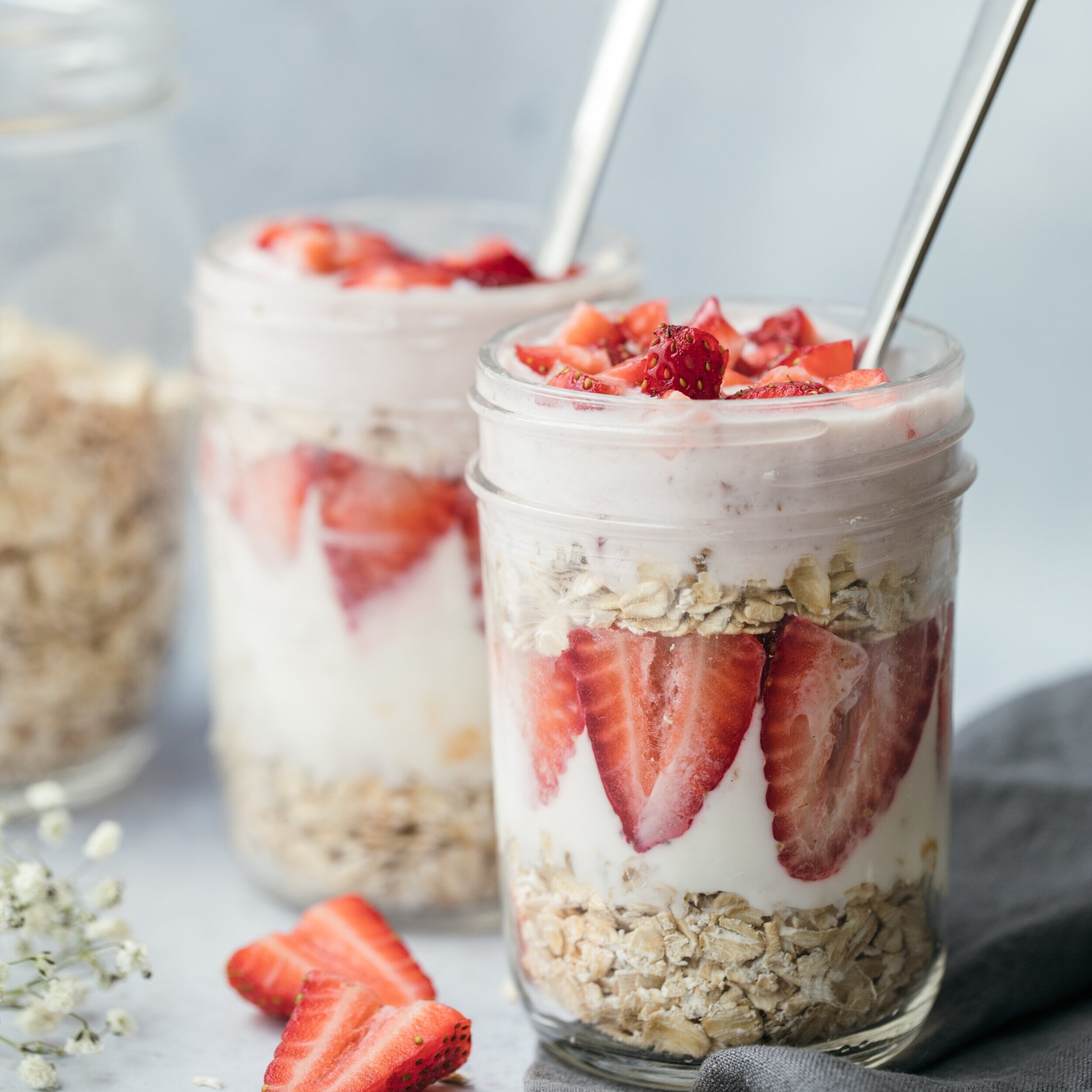Feeling Tired All the Time? Maybe You Are Vitamin B12 Deficient
by SARA RASHIDI
All vitamins and minerals are crucial to keeping you healthy, and the lack of them could produce harmful effects in the body. Vitamin B12 deficiency, in particular, has become a major concern in recent years. Vitamin B12, also known as methylcobalamin, is an essential vitamin responsible for multiple metabolic functions including DNA synthesis, enzyme production, hormonal balance, and the maintenance of a healthy nervous and cardiovascular system. The World Health Organization reports that deficiencies of B12 may be affecting millions of people. [1] According to a 2004 review, dietary vitamin B12 deficiency is especially prevalent in the United States, Mexico, India, Central America, South America, and certain parts of Africa. [2] For reference, the National Institute of Health’s (NIH) Dietary Office estimates that 1.5-15 percent of people in the United States are B12 deficient. [3]. Because of its important roles within the body, B12 deficiency can manifest itself in many different negative symptoms.
Vitamin B12 deficiency can be hard to detect, considering its common symptoms like feeling tired and unfocused. Other symptoms may include chronic fatigue, muscle weakness, joint pain, dizziness, poor memory and concentration, and mood changes like anxiety or depression. [3] Diagnosis can be made from measuring the serum level of B12, methylmalonic acid (MMA), homocysteine, and folate. [4] Food sources like beef, chicken, fish, and dairy could help to ensure normal B12 levels. [5]
Vitamin B12 deficiency should be taken seriously and taken care of immediately as it can have irreversible damages to the health of the nervous system, such as potential memory loss and tremors. [6] Since animal foods are usually the best sources of Vitamin B12, those who adopt a plant-based diet are most likely to be deficient. [5] However, we can easily replenish our supply by taking methylcobalamin supplements. Many vegans use nutritional yeast to fulfill their B12 needs. However, it is important to realize that nutritional yeasts do not contain B12 unless they are fortified with it. It is also best to keep the yeast in the refrigerator or freezer, out of the light, since B12 is light sensitive. [7] According to National Institute of Health, adult men and women over age of 14 are recommended to take 2.4mg amount of B12 on a daily basis. [2]
References
“Vitamin B12 deficiency.” Am Fam Physician. (2003).
“Vitamin B12 deficiency as a worldwide problem.” Annu Rev Nutr. (2004).
“Vitamin B12.” ods.od.nih.gov. (2011).
“Update on vitamin B12 deficiency.” Am Fam Physician. (2011).
“Top 10 vitamin B12 foods.” draxe.com. (2015).
“Folate, vitamin B12, and neuropsychiatric disorders.” Nutr Rev. (1996).
“Vegan sources.” veganhealth.org. (2017).





